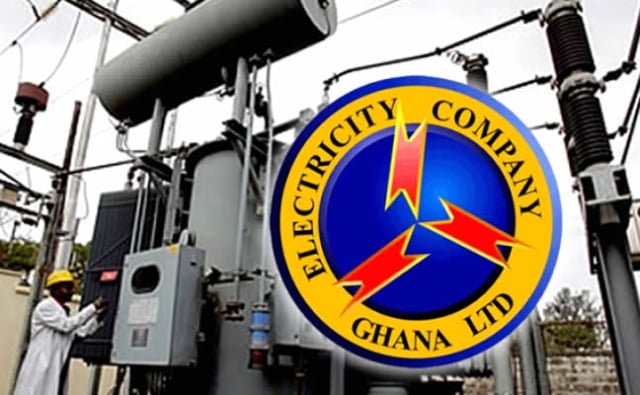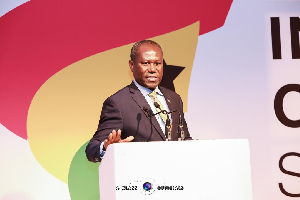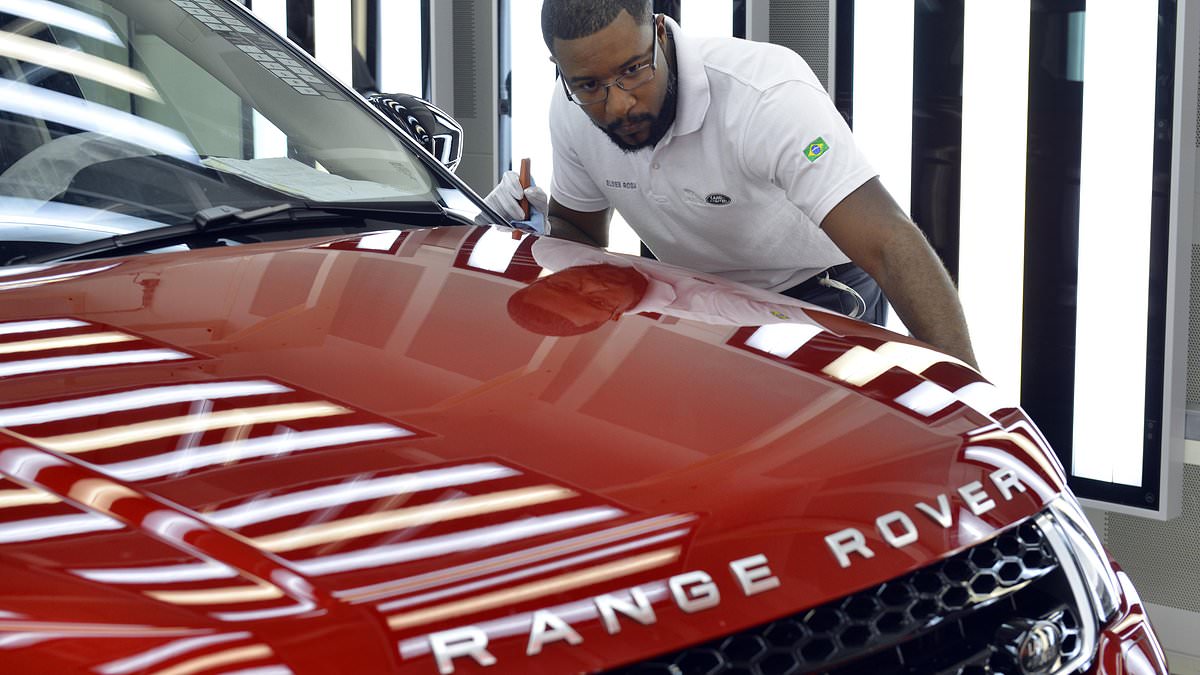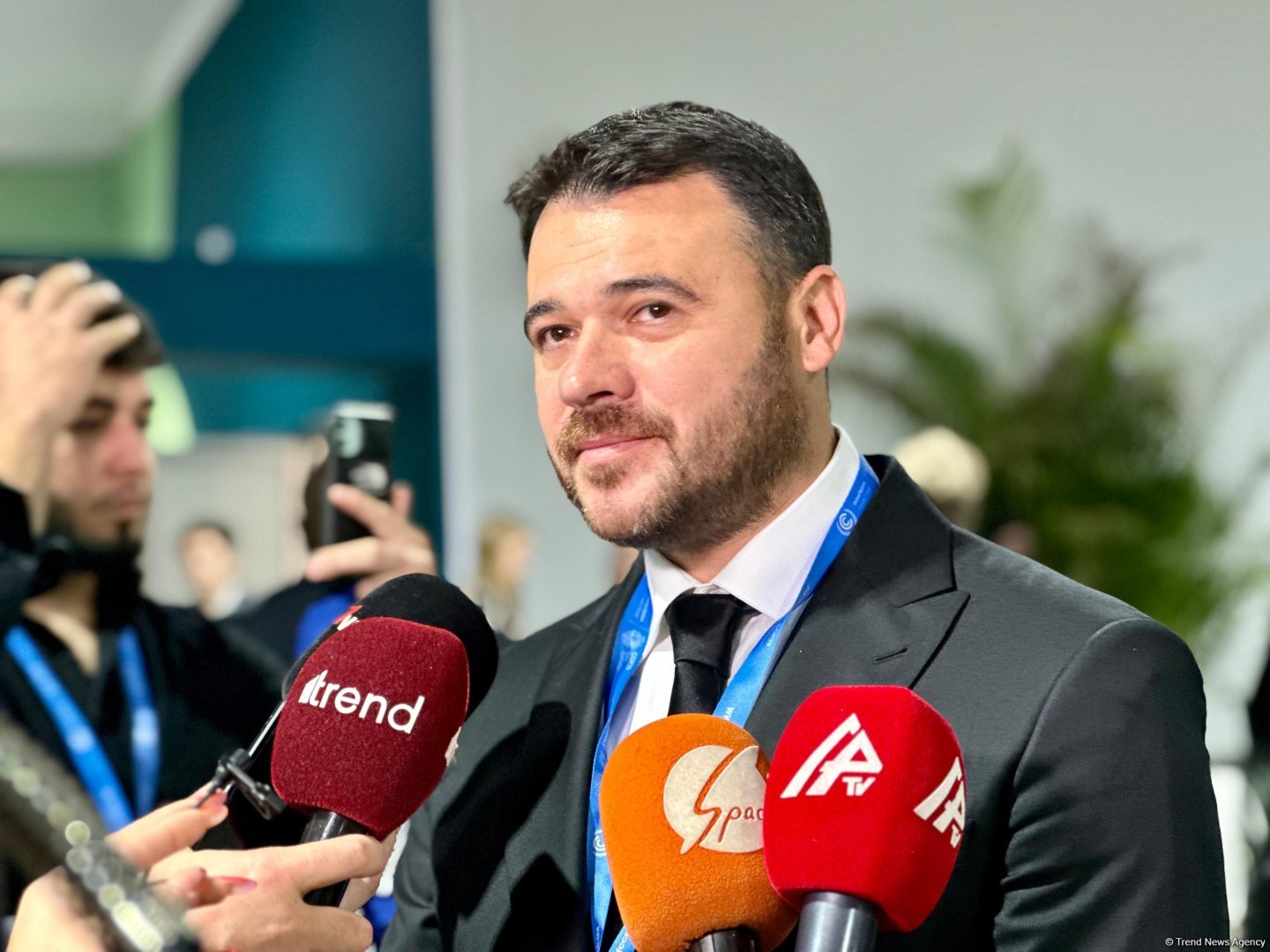Power Is an Essential Part of Our Daily Lives. But How Can We Support ECG to Provide Us with Efficient and Stable Supply? – Modern Ghana
By Chester Fiamegbe-Sani
Copyright modernghana

In Ghana, electricity is more than just a convenience; it is the lifeblood of our homes, schools, hospitals, and businesses. From a student revising at night, to a mother storing food in her fridge, to a small business owner relying on machines, power keeps our daily lives running. And yet, we all know the frustration that comes with unstable power supply: the sudden blackouts, the spoiled food, the extra cost of fuel for generators, and the unproductivity that slows down businesses.
Yes, ECG (Electricity Company of Ghana) carries the responsibility of providing power. But here’s the truth many of us overlook: we as citizens also play a role in the efficiency and stability of the electricity we enjoy. The question is not only what ECG can do for us, but also what we can do to support ECG.
Real Challenges We Face DailyEvery Ghanaian has a story about the impact of power cuts. Imagine a student in Tamale preparing for WAEC who suddenly loses light in the middle of studies. Or the cold store owner in Takoradi who wakes up to find thousands of cedis worth of fish spoiled because of a 24-hour power outage. Even hospitals sometimes struggle to keep essential equipment running during unexpected blackouts.
These are not just inconveniences; they are real economic and social losses. And while ECG works to improve infrastructure, expand access, and reduce technical faults, part of the challenge also comes from us, the consumers.
What Citizens Can Do to Help ECG1. Paying Bills on TimePower cannot be free. ECG needs resources to maintain transformers, expand lines, and respond to faults quickly. Yet, illegal connections and unpaid bills remain a major challenge. Some households and businesses use electricity without paying for it, shifting the burden onto others. If we all commit to paying our bills on time, ECG will have the funds to improve service delivery.
2. Avoiding Illegal ConnectionsTapping power illegally not only increases system losses but also causes overload on transformers, leading to unexpected blackouts. This practice hurts everyone in the community. Stopping it is one of the simplest ways citizens can help.
3. Energy Efficiency at Home and WorkLeaving appliances on unnecessarily increases demand and puts pressure on the system. Simple acts, switching off lights when not in use, using energy-efficient bulbs, or investing in appliances with low energy consumption, can make a difference.
4. Community VigilanceWhen transformers are vandalized for copper, or when illegal connections are spotted, silence only worsens the problem. Reporting such activities protects the entire community’s power stability.
Advice for ECG and Power ProvidersCitizens have their part to play, but ECG must also do due diligence:
Timely Communication: Consumers get frustrated when lights go off without notice. Regular, transparent updates help people plan.
Investing in Modern Infrastructure: Outdated equipment and overloaded transformers are at the heart of many power issues. ECG must prioritize upgrades to meet Ghana’s growing demand.
Customer Service: Efficient, respectful customer service builds trust and encourages citizens to engage positively with ECG rather than resorting to illegal practices.
Accountability and Transparency: Citizens are more willing to support when they see that their payments are being used effectively.
A Shared ResponsibilityThe truth is simple: power is an essential part of our daily lives, but stable and efficient supply is a shared responsibility. ECG must deliver quality service, yes but as citizens, we must also pay, protect, and use power responsibly.
The student in Tamale, the cold store owner in Takoradi, the hospital in Accra, all of them depend on electricity. Together, let us change our mindset from “ECG is not doing enough” to “What can we do together to make the system better?”
Only then can we move from constant complaints to a future of reliable and efficient electricity that powers not just our homes, but our nation’s progress.
Final Thought: Power is not just ECG’s business; it is Ghana’s business. And when we all play our part, the light will shine brighter and stay on longer.
Chester Fiamegbe-SaniCommunication Strategist / Writer / Columnist / Photographer
Email: info.csmu12@gmail.com



